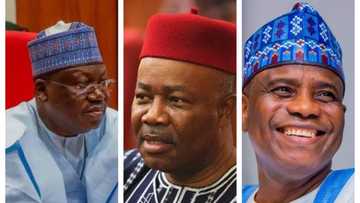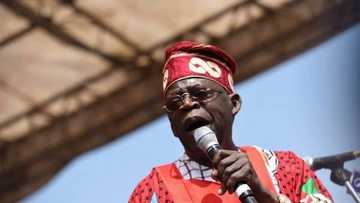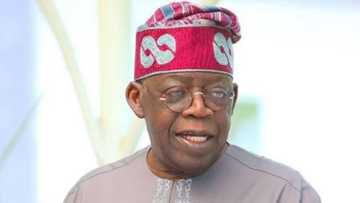Structure vs No Structure Debate: What History Shows By Emmanuel Ogbeche
Editorial note: In this piece, the chairman of the Federal Capital Territory chapter of the Nigerian Union of Journalists, Emmanuel Ogbeche writes on the debate over candidates reliance on political party structures.
On Sunday, July 17, 2022, Dr Sam Amadi, Dean of The Abuja School of Social and Political Thought, in reaction to the trending “it is about the candidate, not the political party or structure,” elevated the discourse in his usual seminal intervention.
Amadi opined, “Today in Nigeria, many people argue that we need to focus on individuals and not a political party in our democracy. I don't share the view that individuals are more important than political parties in a democracy. In fact, modern democracy rests on the vibrancy of political parties more than on individuals. We know from history that powerful individuals do change the direction of history. But oftentimes, these powerful individuals are products of organizational logic and social trends.”
A few minutes after the post on his Facebook page, there was a firestorm from those who see it as an attempt to downplay the influence of their preferred presidential candidate in next year’s presidential election.
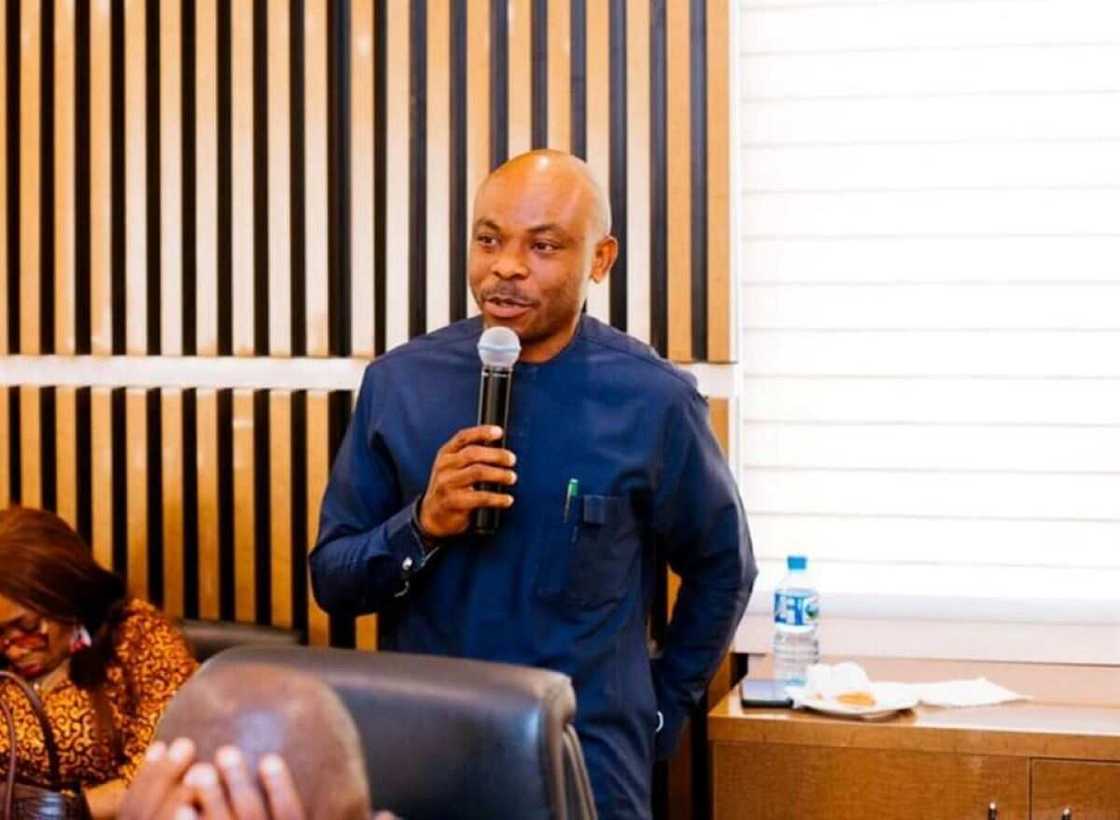
Source: Facebook
Those who argued vigorously against Amadi’s position either did not have a grasp of his argument or simply lacked the nuances of structure, in this instance, a vibrant and entrenched political to the survival and consolidation of democracy as a viable means of building “deeply transformative order.”
PAY ATTENTION: Subscribe to Digital Talk newsletter to receive must-know business stories and succeed BIG!
Perusing the 2022 Osun governorship election
According to those against Dr Amadi’s intervention, a single individual with the masses behind him or her can effect a seismic shift in the political order. They readily, but mistakenly, point to Senator Adeleke’s victory in Osun against the incumbent, Governor Gboyega Oyetola of the APC as evidence of “no structure.”
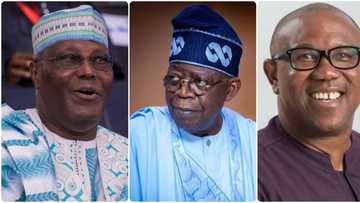
Read also
Tinubu, Atiku, Obi in tight spot as Fulani Herdsmen issue strong warning ahead of 2023 election
To this group of people, Osun voters voted for Adeleke and not the party. To buttress their argument, they point to the Osun State House of Assembly where the PDP has only three members, as against the 23 of the APC. It is easy to forgive the naivety or ignorance of the people given the lack of interrogation of facts based on history.
But before I attempt to cure the mischief of such a proposition, it is instructive to reinforce the point made by Dr. Amadi which Peter Anyang Nyang’o (Momoh 2006) describes as a parody of transformation. A situation where an individual rather than the institution becomes a vehicle for change and transformation. Nyang’o makes the point that it was what gave birth to Obasanjo’s “presidential authoritarianism”- also jocularly known as “Kabiyesi Presidency.”
To the Osun matter, it is sheer perfidy to imagine that the PDP rode on Adeleke’s “fame,” and not the other way round or complimentary of each other. Political history indicates that prior to this Republic, the Osun State House of Assembly in 1999 was composed of 24 members from the AD, two from ANPP while the PDP had a member. The governor was Chief Bisi Akande with Barrister Mojeed Olujimi Alabi representing Ejigbo State Constituency elected as Speaker.
But in 2003, things changed for the Alliance for Democracy in the South West as Obasanjo brought his weight to bear and Osun was not an exception. The PDP swept the state and had 25 out of the 26 seats in the House of Assembly.
The third assembly which was inaugurated on June 3, 2003, saw the candidate of the Peoples Democratic Party, Barrister Rafiu Adejare Bello sworn in as the speaker. Hon. Michael OluwoleOgunsemi representing Oriade constituency was the sole AD candidate and was named as Minority Leader.
In the 2007 General Election, the PDP again won the majority seat in the assembly but not with the clean sweep of 2003. The party had 15 seats while the Action Congress, a party that emerged from the former Alliance for Democracy won 11 seats.
So, the PDP was always a major player in Osun and has remained in the consciousness of the people. For those who say it is merely about the individual, why has it remained a mirage in more advanced democracies to find independent candidates, except for small council elections, to be elected into positions of prominence? Why have candidates of the Constitution Party, Green Party and their likes in the United States not make an impact in main elections? Is it for viable candidates or structure?
In 1992, wealthy Texas businessman, Ross Perot, ran an as independent candidate and garnered 18% of the popular votes that had Bill Clinton and George W. Bush. If it was about just about him, he could have won as he led in most of the polls prior to the elections.
But like Dr Amadi noted, “the individualist focus of our politics may be permissible in the very short term, as an angry reaction to the crisis of value in Nigeria's democratic practice.” But in the long run, political parties remain the centre of political mobilization and institutionalization of norms and conventions of democracy if we must not birth mini-gods, deities and autocrats.
Disclaimer: The views and opinions expressed here are those of the author and do not necessarily reflect the official policy or position of Legit.ng.
Your own opinion articles are welcome at info@corp.legit.ng— drop an email telling us what you want to write about and why. More details in Legit.ng’s step-by-step guide for guest contributors.
Contact us if you have any feedback, suggestions, complaints, or compliments.
Source: Legit.ng


